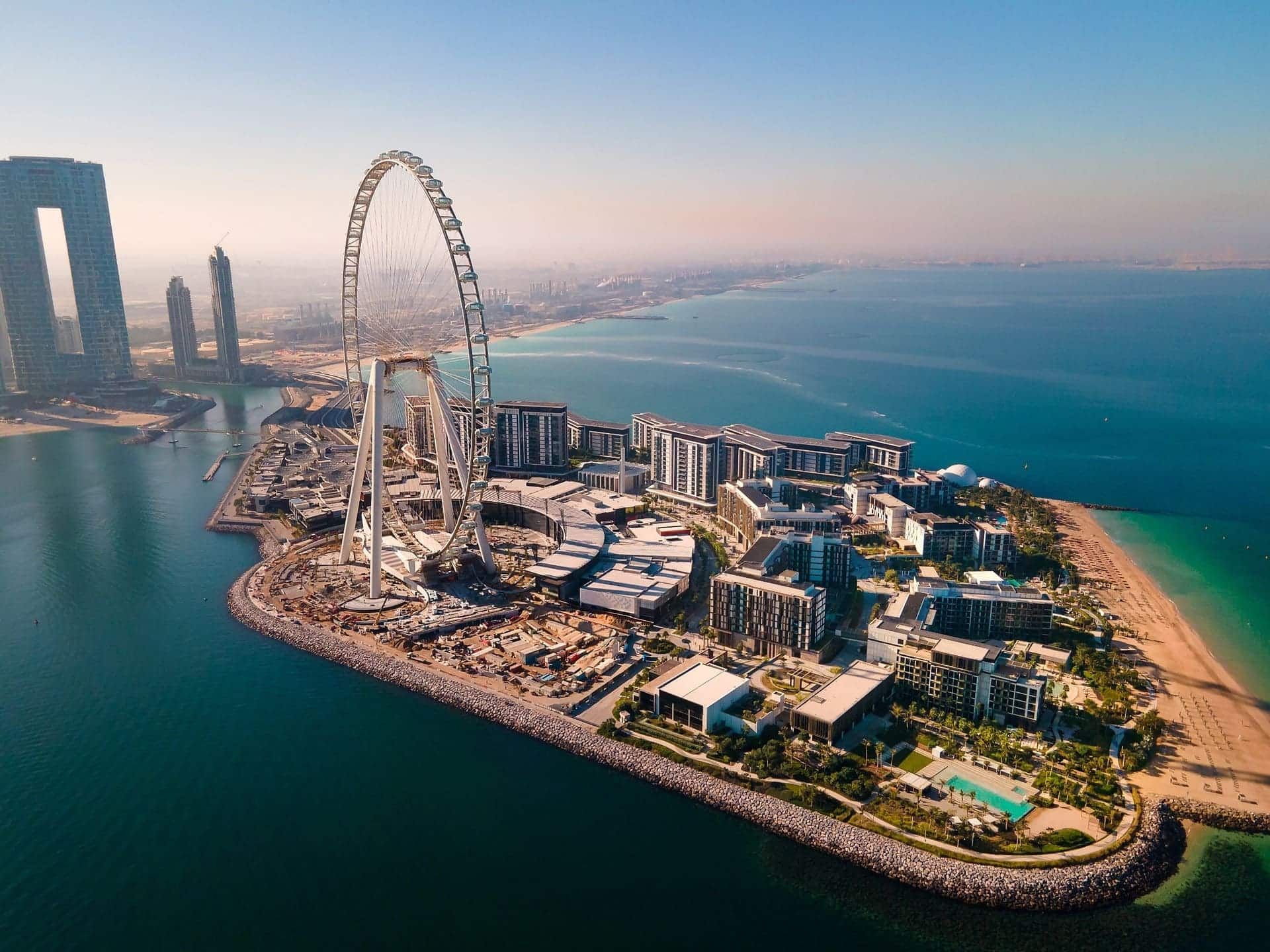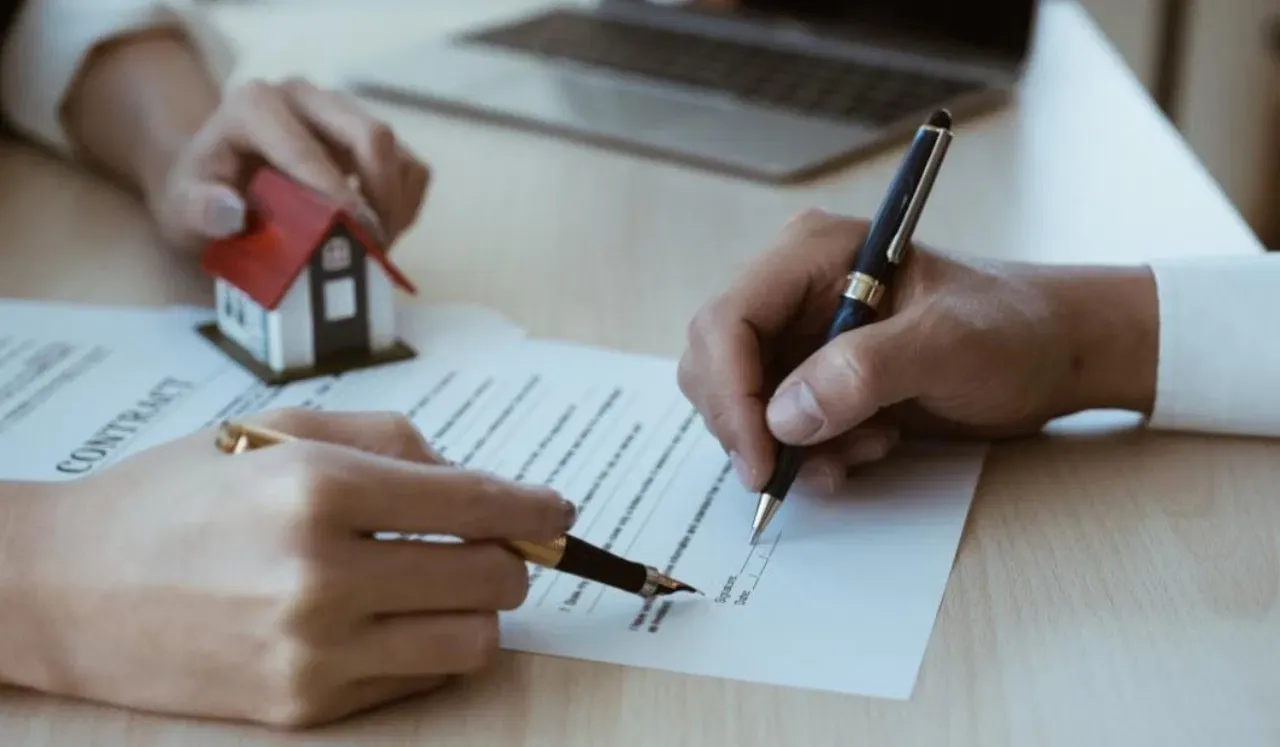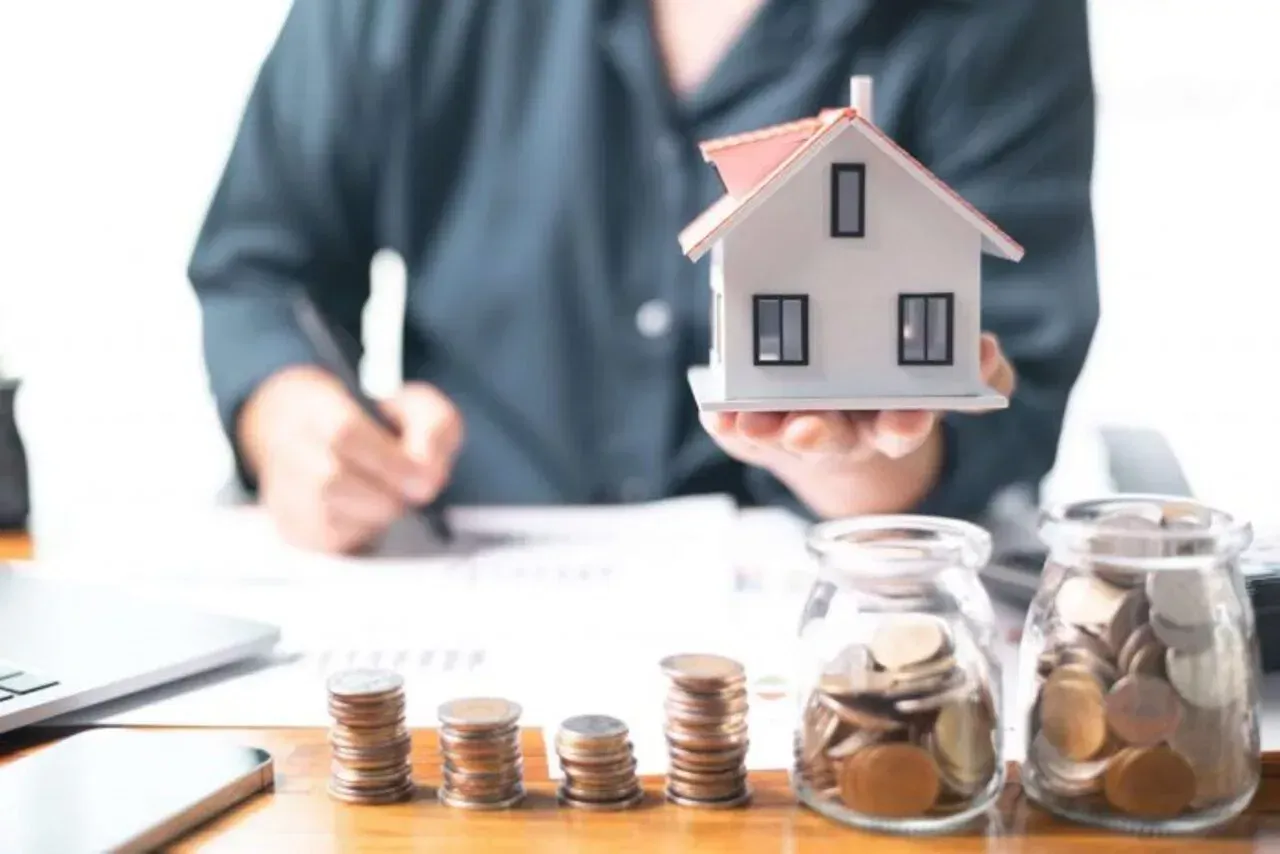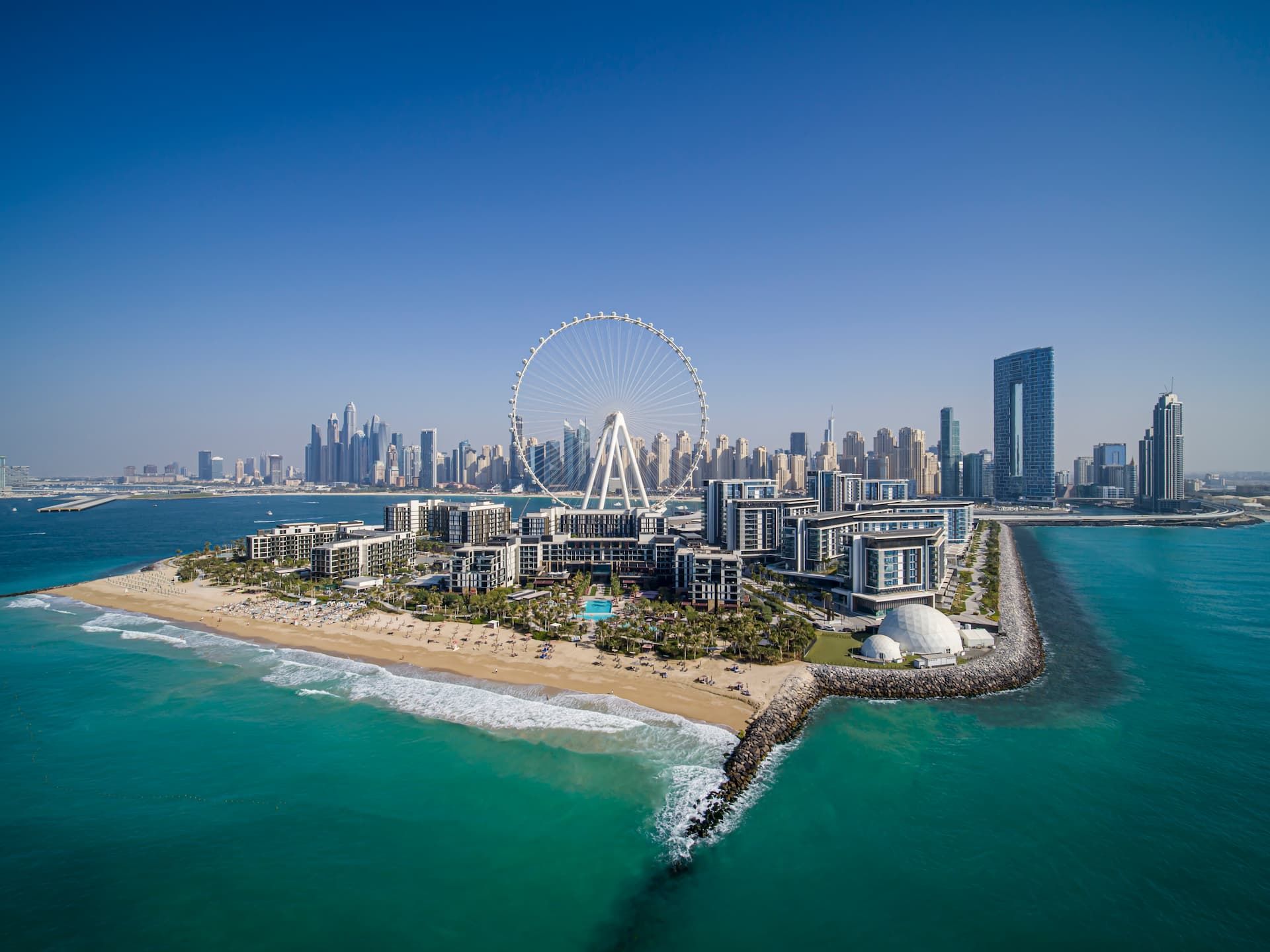Dubai property buying rules: What every expat and investor must know
Real estate buyers in Dubai are attracted by more than its warm climate and beautiful coastlines; the city's modern infrastructure, liquid property market, and friendly tax regime create a welcoming investment environment.
03.04.2025
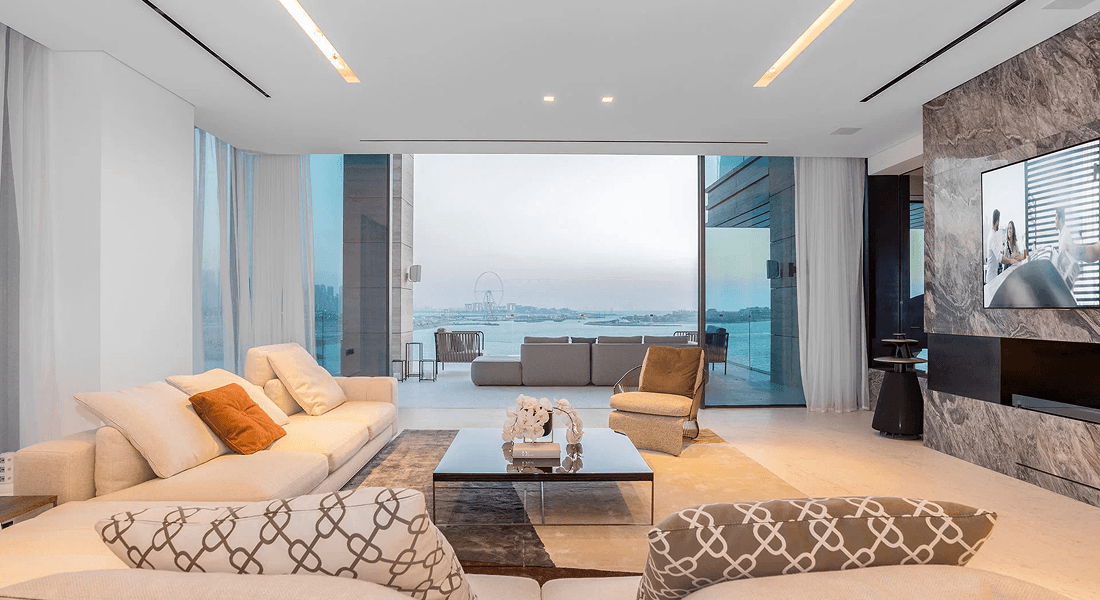
Real estate buyers in Dubai are attracted by more than its warm climate and beautiful coastlines; the city's modern infrastructure, liquid property market, and friendly tax regime create a welcoming investment environment.
In addition, the UAE offers residential visas to property buyers, along with a high standard of living and strong employment prospects for those who choose to settle.
For foreigners, buying property in Dubai is a straightforward procedure with clear steps and low associated costs. Typically, you begin by selecting a property and signing a reservation agreement, then conclude the main contract and complete the necessary registration with the Dubai Land Department.
In this Dubai property purchase guide, you'll learn about the rights granted to foreign buyers and gain a clear understanding of real estate fees and charges, helping you make informed decisions.
What makes Dubai a real estate hotspot
Real estate investment in Dubai is appealing due to several key factors that make the city a strong choice for buyers.
- Tax-free investment environment — the absence of capital gains, property, and income taxes on rental earnings makes Dubai particularly attractive compared to many global markets.
- Strong demand — over 90% of Dubai’s residents are expats, with most opting for long-term rentals. In addition, 18.7 million international visitors arrived in 2024, further driving demand and supporting stable rental returns.
- High rental yields — according to Bayut’s data, rental yields in Dubai can range between 5% and 11%, offering competitive returns compared to the 3% to 5% typically seen in London, San Francisco and Los Angeles.
- Residency benefits — property investments that meet certain thresholds can qualify you for long-term residency in the UAE.
Residency through property investment
Buying real estate gives you the opportunity to obtain a Dubai property investor visa, with the visa duration determined by the amount of your investment.
- 2-year residence visa — available for real estate investments of at least AED 750,000 (approximately $204,000). This visa allows you to sponsor your spouse and children. However, you must not remain outside the UAE for more than six consecutive months.
- 10-year residence visa — granted for property investments of at least AED 2 million (around $544,000). With this visa, you can sponsor your spouse, children, and dependent parents, as well as household workers. You are permitted to be absent from the UAE for periods exceeding six months.
To support your visa application, you'll need to submit several key documents, including the property title deed, which confirms your ownership; a valid passport; and your purchase agreement. Additional supporting documentation may also be required by the Dubai authorities to verify your investment details and ensure compliance with local regulations.
Property ownership rules in Dubai
Dubai offers three types of property ownership, each with its own advantages for buyers and investors.
Freehold property in Dubai
Freehold ownership gives you full rights over both the property and the land, allowing you to sell, lease, or pass it on as inheritance without restrictions. Property investment in freehold zones is popular among expats, offering long-term security and full control over the asset.
Foreign buyers can purchase real estate in Dubai in over 50 designated freehold areas, including prime locations such as Business Bay, Dubai Marina, Palm Jumeirah, Downtown Dubai, and Dubai Creek Harbour. If you prefer a more residential setting, communities like Jumeirah Village Circle and Dubai Hills Estate also offer freehold properties.
Leasehold property in Dubai
With leasehold ownership, you can lease a property for up to 99 years, but the land remains under the control of the original owner. While you can sell or transfer your leasehold rights, the ownership reverts to the landowner at the end of the lease period. This option is typically available in certain areas of Dubai and can be a practical choice for those looking for long-term residence without full ownership.
Commonhold property in Dubai
Commonhold ownership is mainly used for apartments. You fully own your unit and become part of a residents' association that jointly manages common areas. Unlike leasehold properties, commonhold ownership has no time limit.
The step-by-step buying process
Step 1: Research and choose a property
Begin by gathering detailed market insights and evaluating available properties. Rely on brokers certified by RERA for dependable local knowledge. This step involves comparing various listings and assessing how each option meets your personal needs and financial goals.
Step 2: Secure financing
Determine your financing strategy early. As an expat, you typically need to arrange a down payment — usually around 20 - 35% of the property’s value. Familiarize yourself with mortgage eligibility requirements and related costs so you can accurately plan your budget.
Step 3: Sign the Memorandum of Understanding (MoU)
The process moves forward with the signing of a reservation agreement, usually accompanied by a 10% deposit of the property’s price. The MoU fixes the price and temporarily removes the property from the market. In Dubai, this step is often conducted online via an electronic payment system linked to the Dubai Land Department.
For off-plan properties in Dubai, the buyer’s deposit is typically held in an escrow account, ensuring the funds are used exclusively for the development of the property. This provides additional protection, making sure the buyer's money is secure until key project milestones are met.
Step 4: Obtain a No Objection Certificate (NOC)
Next, the developer provides a No Objection Certificate (NOC), which confirms that all mandatory fees, fines, and debts have been cleared and that the property is free from any encumbrances, including mortgages. This certificate is essential for protecting your interests as you proceed.
Step 5: Sign the Sales and Purchase Agreement (SPA)
The SPA details the property’s location, price, and other key terms, including the payment schedule. Whether you pay the full amount upfront or follow an installment plan, this agreement sets the definitive terms for the transaction.
Step 6: Register the property with the Dubai Land Department (DLD)
At this stage, you submit all required documents — such as the old Title Deed, identification documents, the Sales and Purchase Agreement (SPA) and a No Objection Certificate (NOC) — to the DLD. You will also pay the registration fee, typically 4% of the property value, which officially completes the purchase process.
Step 7: Receive the Title Deed
Finally, once registration is complete, you receive the new Title Deed. This document serves as the official proof of ownership and is necessary for applying for a residence visa if you choose to live in Dubai.
This clear, step-by-step approach to buying property provides a roadmap for making a well-informed purchase in one of the world’s most promising property markets.
Dubai property fees and charges
When purchasing property in Dubai, it's essential to be aware of both one-time and ongoing financial obligations to ensure a well-planned investment.
One-time costs
-
Dubai property transfer fee: this mandatory fee is set at 4% of the property's purchase price and is required to officially register the property under the new owner's name in Dubai Land Department (DLD).
-
Agency fees: for secondary market transactions, real estate agents typically charge a commission of 2% of the property's purchase price plus an additional 5% VAT. However, when purchasing directly from a developer, the buyer usually does not pay any agency fees, as these costs are covered by the developer.
-
Mortgage registration fee: if the property is financed through a mortgage, there is a registration fee of 0.25% of the loan amount, plus an administrative fee of AED 290.
Ongoing costs
-
Service charges for properties cover the maintenance of common areas and facilities within a community, including expenses for security, cleaning, landscaping, and the upkeep of amenities like pools and gyms. These charges vary based on property type, location, and the range of services provided.
-
Service charges for apartments in Dubai typically range from AED 10 to AED 25 per square foot annually, meaning a 1,000-square-foot unit could cost between AED 10,000 and AED 25,000 per year.
-
Villas and townhouses usually have lower fees, averaging AED 2 to AED 6 per square foot, with a 3,000-square-foot villa incurring between AED 6,000 and AED 18,000 annually.
-
Property maintenance fees: in addition to service charges, property owners may incur costs for general upkeep and repairs. These expenses can vary based on the property's age, condition, and specific community requirements.
By accounting for these financial considerations, prospective property buyers in Dubai can better prepare for the full spectrum of costs associated with their investment.
Can foreigners buy property in Dubai?
Yes, foreigners can purchase property in Dubai, specifically in designated freehold areas. Both expatriate residents and non-resident investors are permitted to acquire freehold ownership rights without restrictions.
What are the fees for property registration?
The Dubai Land Department (DLD) charges a registration fee of 4% of the property's purchase price. Additionally, agency fees typically amount to 2% of the market value, plus 5% VAT.
How much is the down payment for expats?
Expatriate buyers typically need to make a down payment of 15% to 35% of the property’s value when purchasing real estate in Dubai. The exact amount depends on factors such as the buyer’s residency status and the property’s location.
Can I get a UAE residency visa by buying a property?
By purchasing real estate worth at least AED 750,000 (around $204,000), you can qualify for a two-year UAE residency visa. This visa also allows you to sponsor your spouse and children.
What is the difference between freehold and leasehold?
Freehold ownership allows buyers to own both the property and the land indefinitely, with the freedom to sell, lease, or modify the property. In contrast, leasehold ownership involves leasing the property for a specified period, up to 99 years, with the land remaining under the original owner's control.
In closing
Dubai real estate offers a prime investment opportunity for expats, combining high potential returns and quality living. By familiarizing yourself with Dubai real estate buying rules and understanding key factors such as legal requirements and financing options, you’ll be in a strong position to invest confidently.
For expert guidance on Dubai's property market regulations, reach out to Mira Developments, a trusted name in Dubai’s property landscape.
Discover real estate investment opportunities in Dubai, consider the sophisticated living options of Mira Villas designed by Bentley Home, or browse through luxury Trussardi residences to find a property with a unique style.
See Our Projects
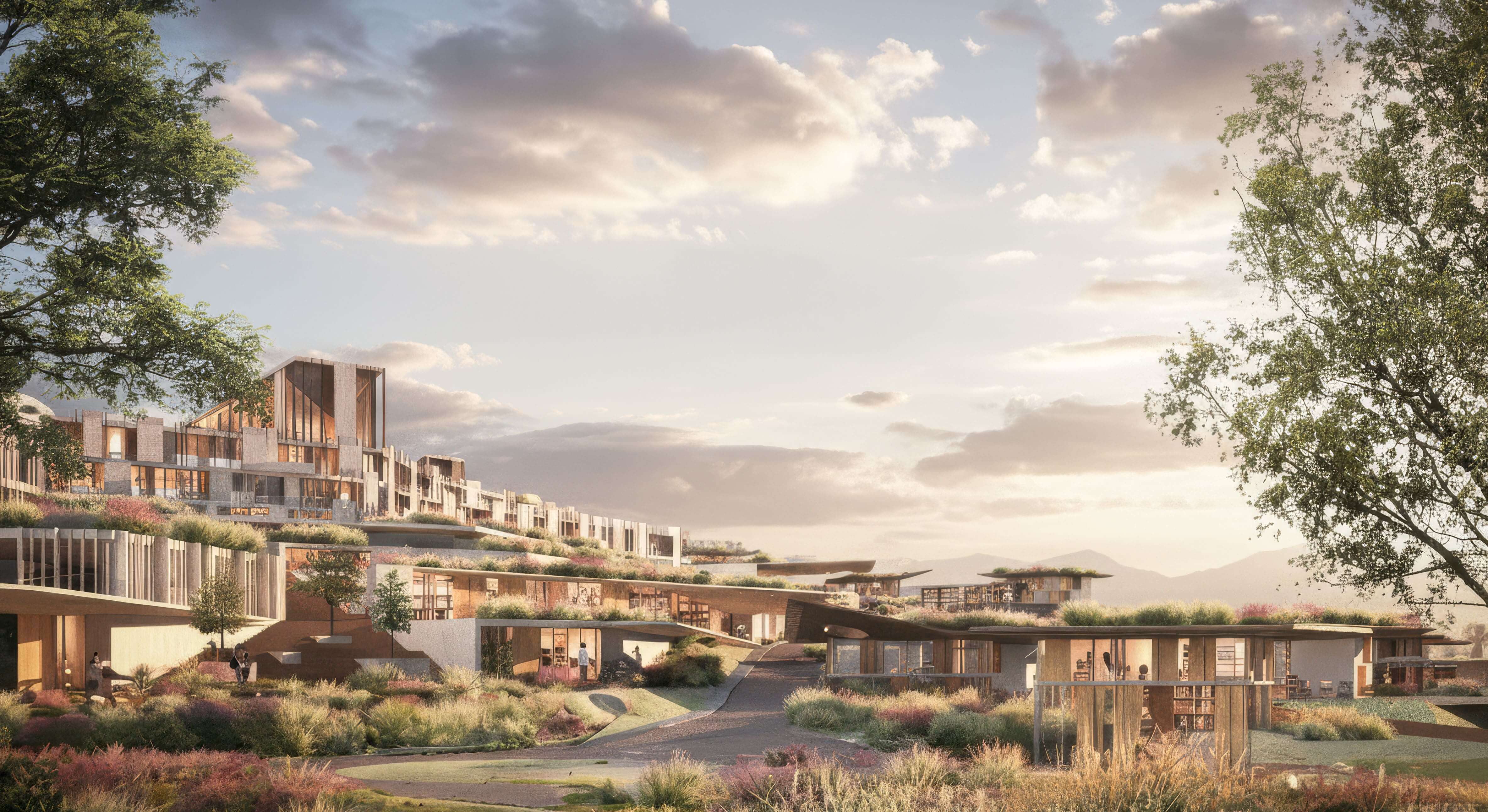
Tbilisi, Georgia
Mira Verde
Georgia’s first branded, master-planned community, set amid the rolling green landscapes of Tbilisi Hills, just ten minutes from the historic city center.
From AED 1.2M
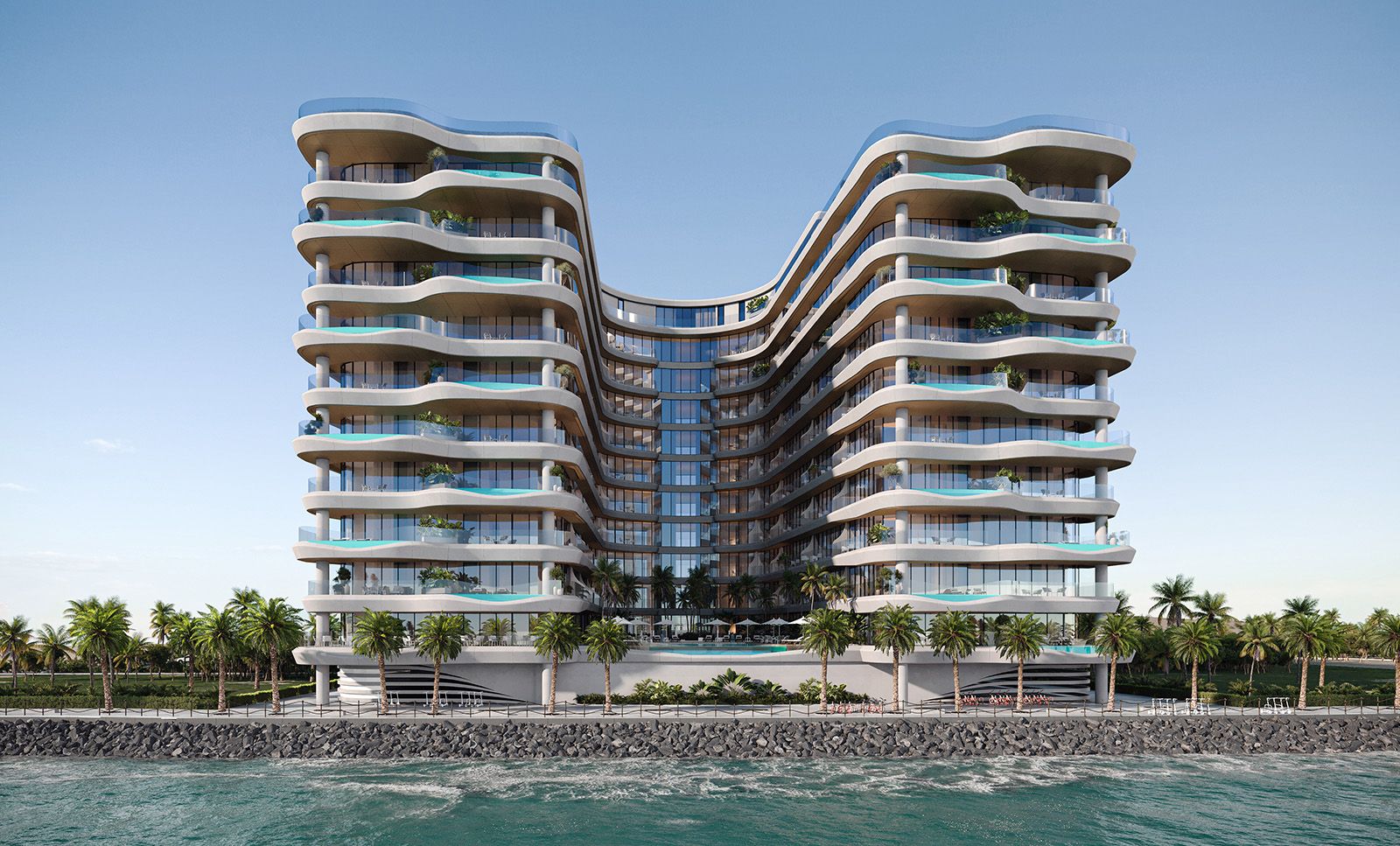
Al Marjan Island, Ras Al Khaimah
Gianfranco Ferré Residences
Step into a new standard of coastal living with stylish studios and spacious one-, two-, and three-bedroom apartments — all featuring fully furnished interiors, hotel-style services, and sweeping views of the Arabian Gulf.
Q1 2028
From AED 1.2M
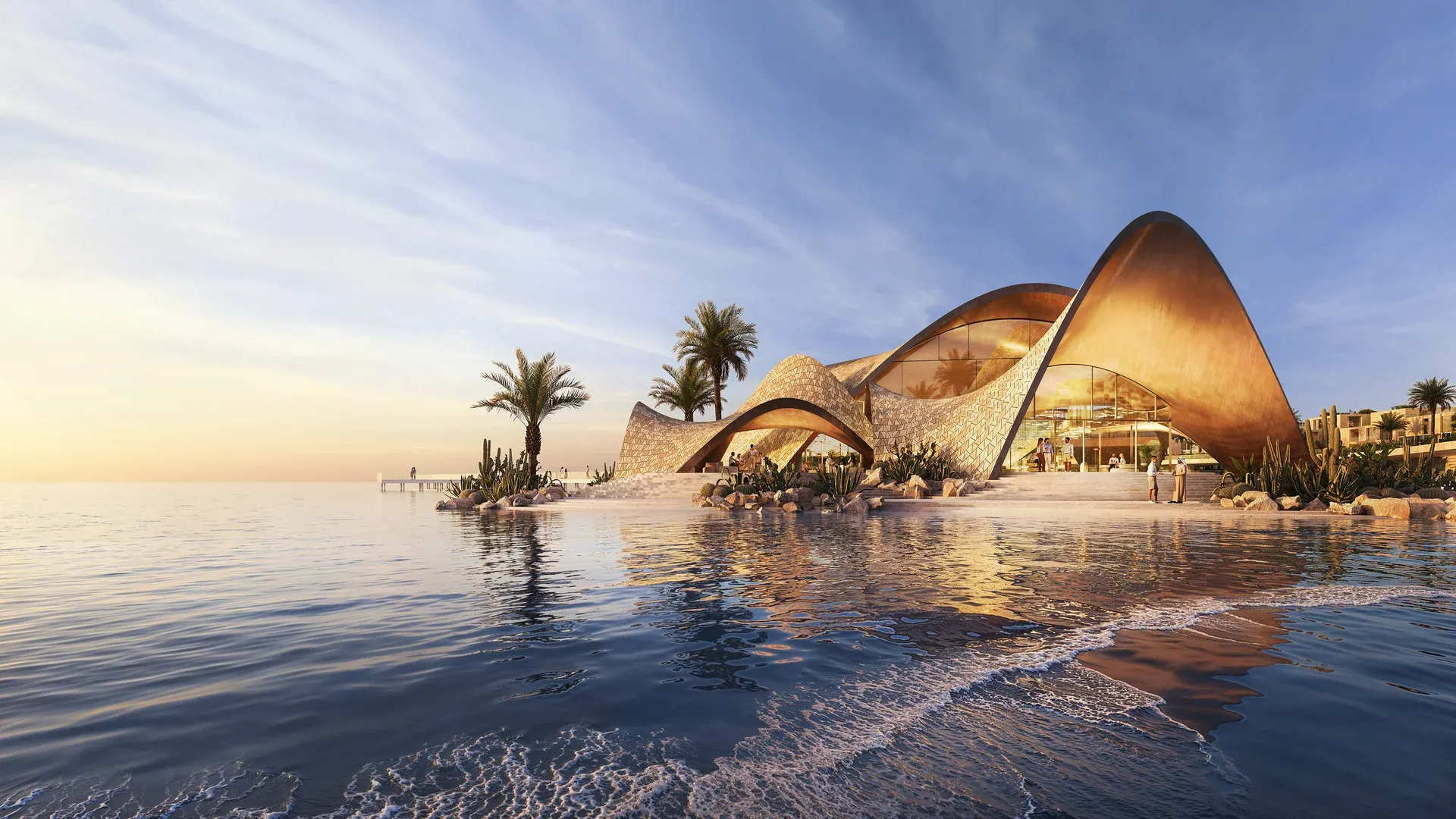
Al Mairid, Ras Al Khaimah
Mira Coral Bay
Mira Coral Bay is the world’s first luxury waterfront community, created in partnership with 14 globally renowned brands, on the picturesque shores of Ras Al Khaimah.
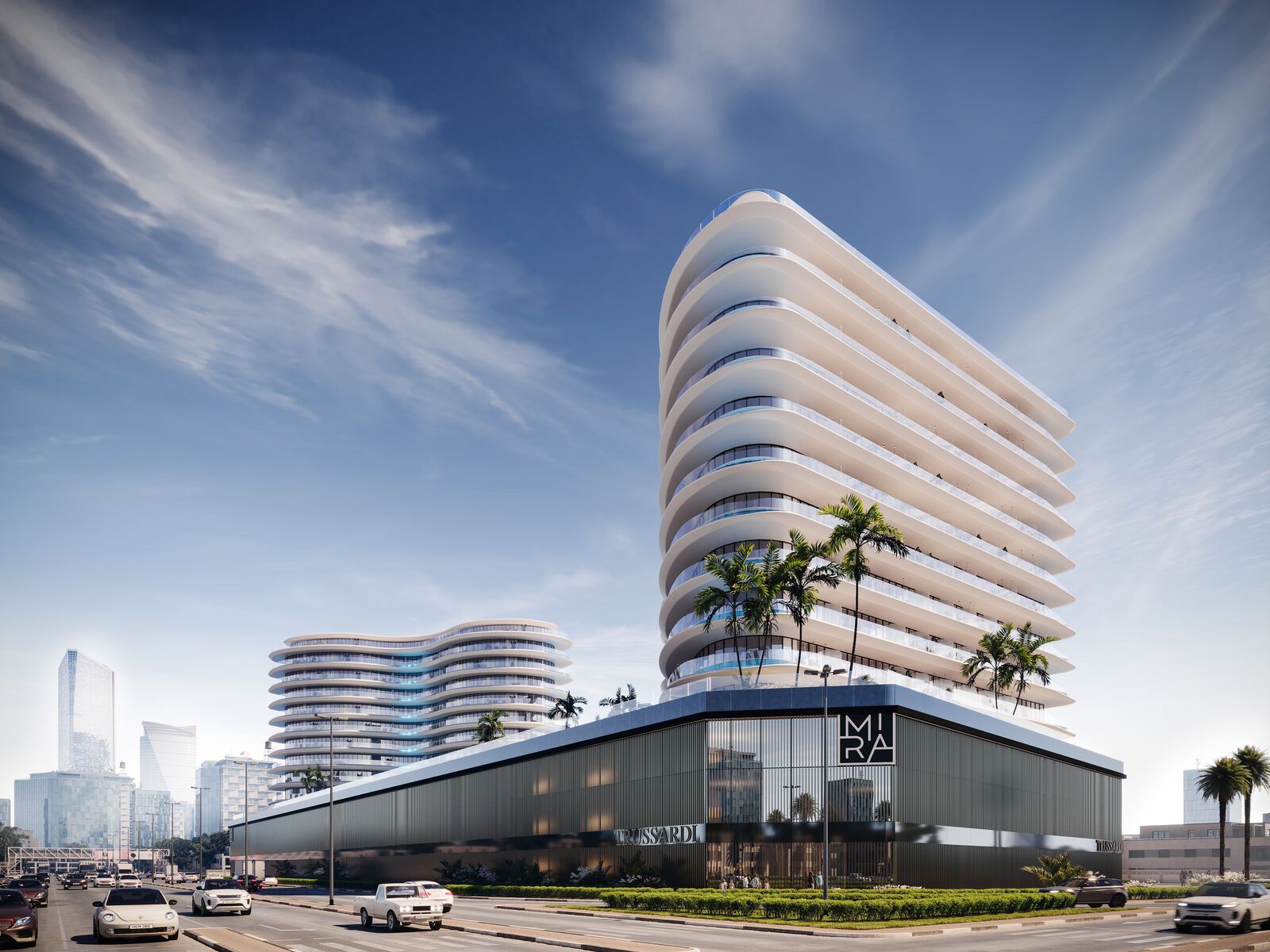
Al Furjan, Discovery Gardens, Dubai
Trussardi Residences Phase II
Following overwhelming demand for Phase I, these two towers present an even more refined and upgraded offering, infused with the same Milanese spirit.
Q4 2026
From AED 806,000
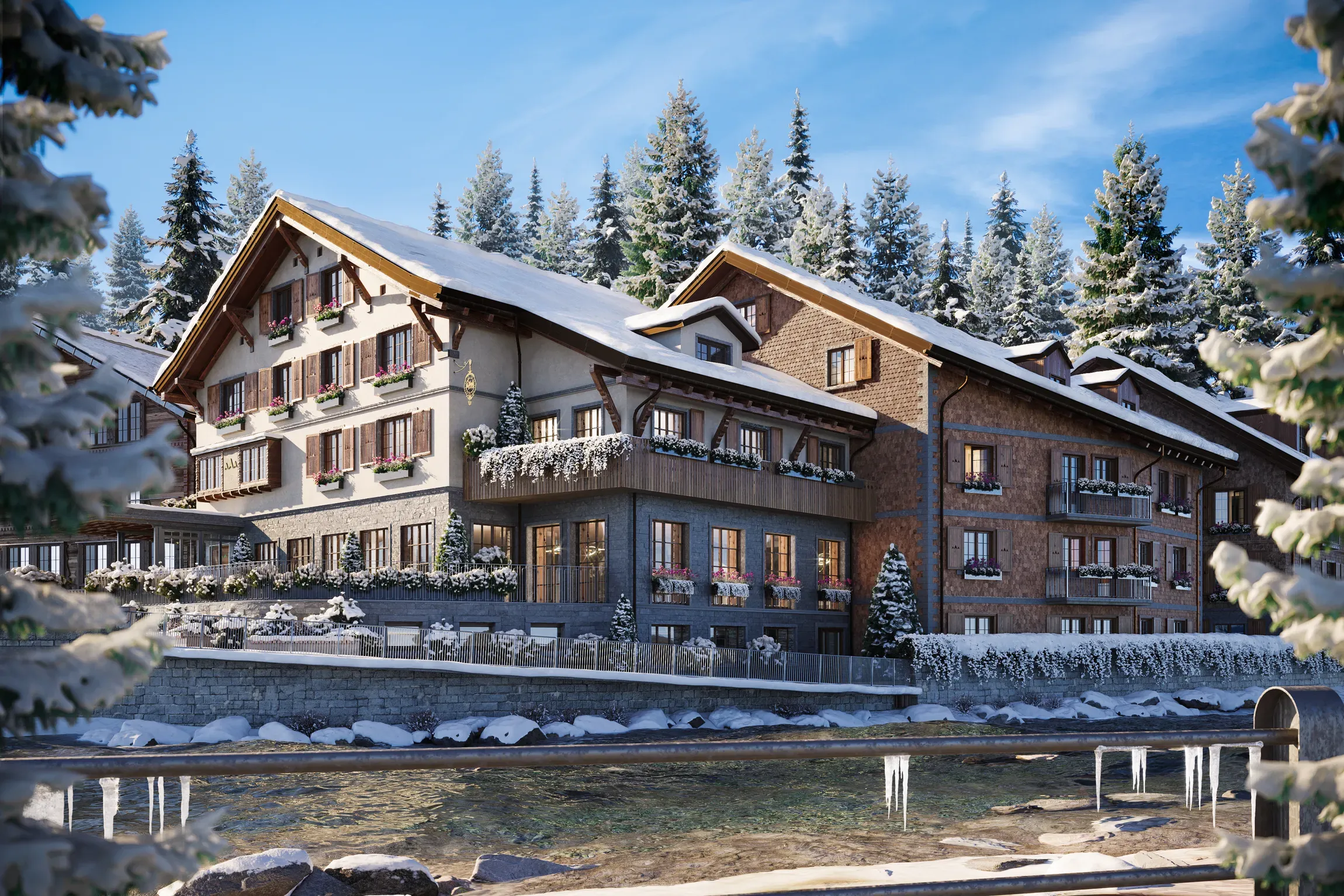
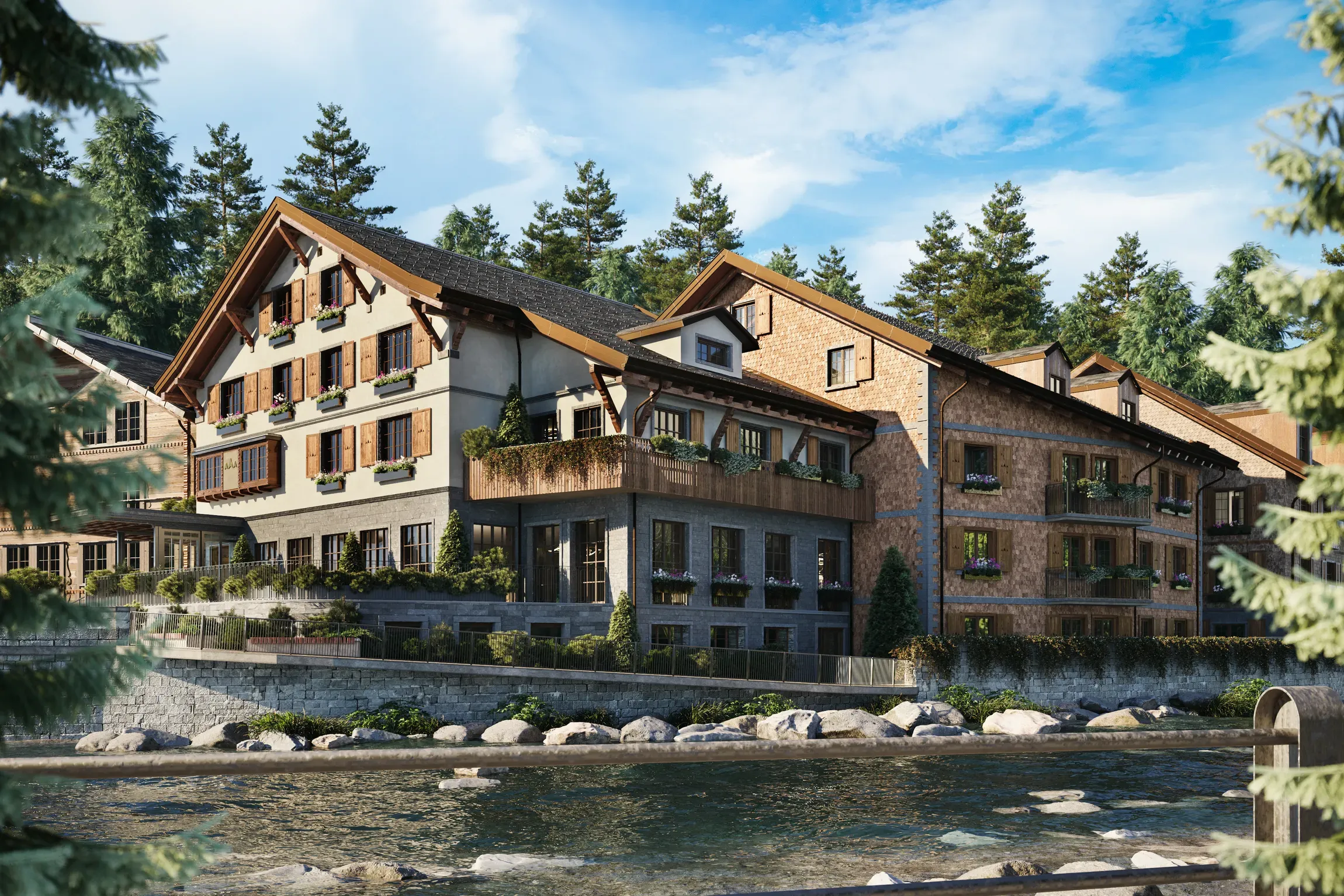
Andermatt, Switzerland
POST Hotel & Residences by ELIE SAAB
The project transforms the historic chalet in the Swiss Alps into a pinnacle of modern comfort and sophistication.
Q3 2027
From AED 11M
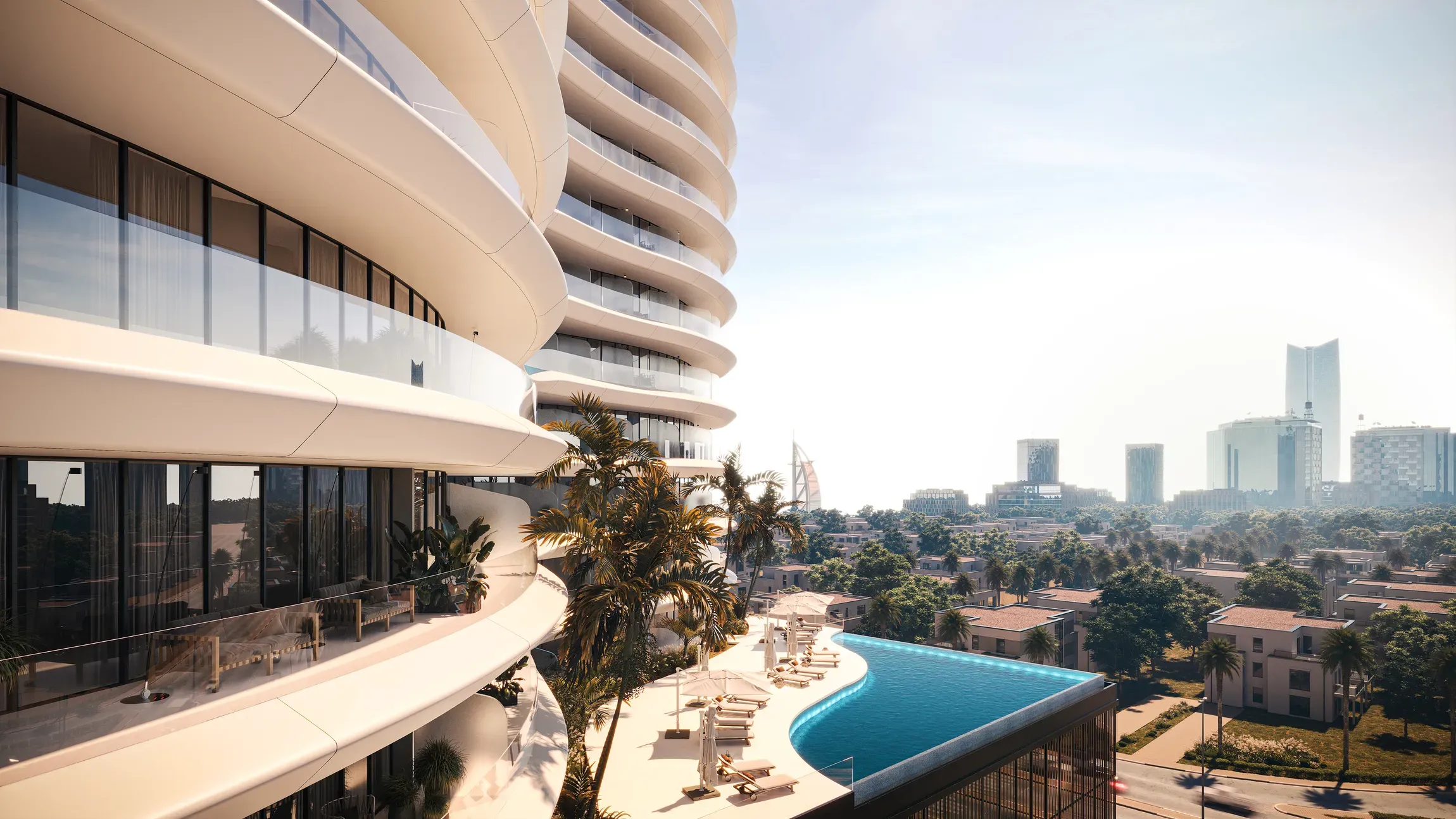
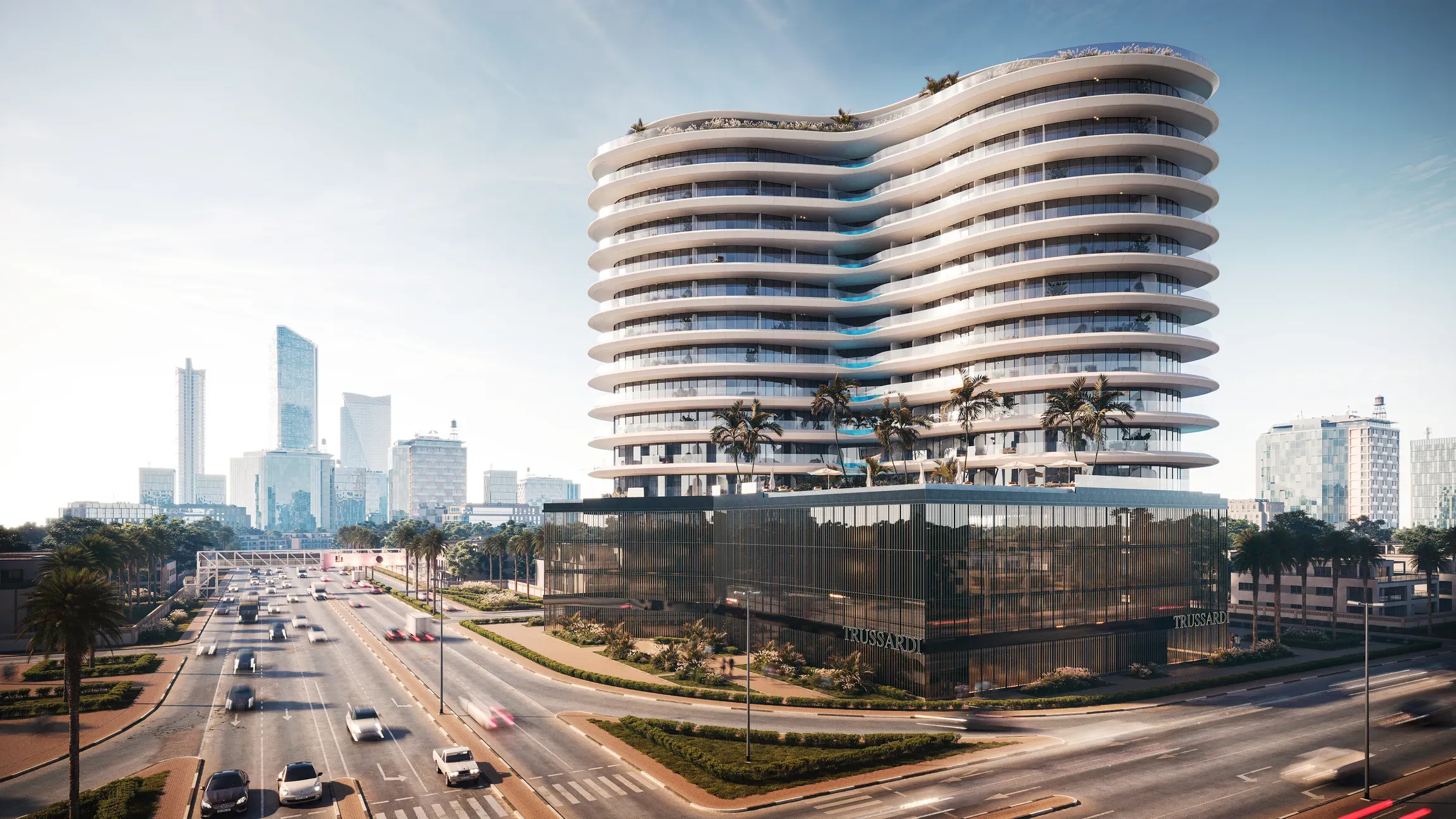
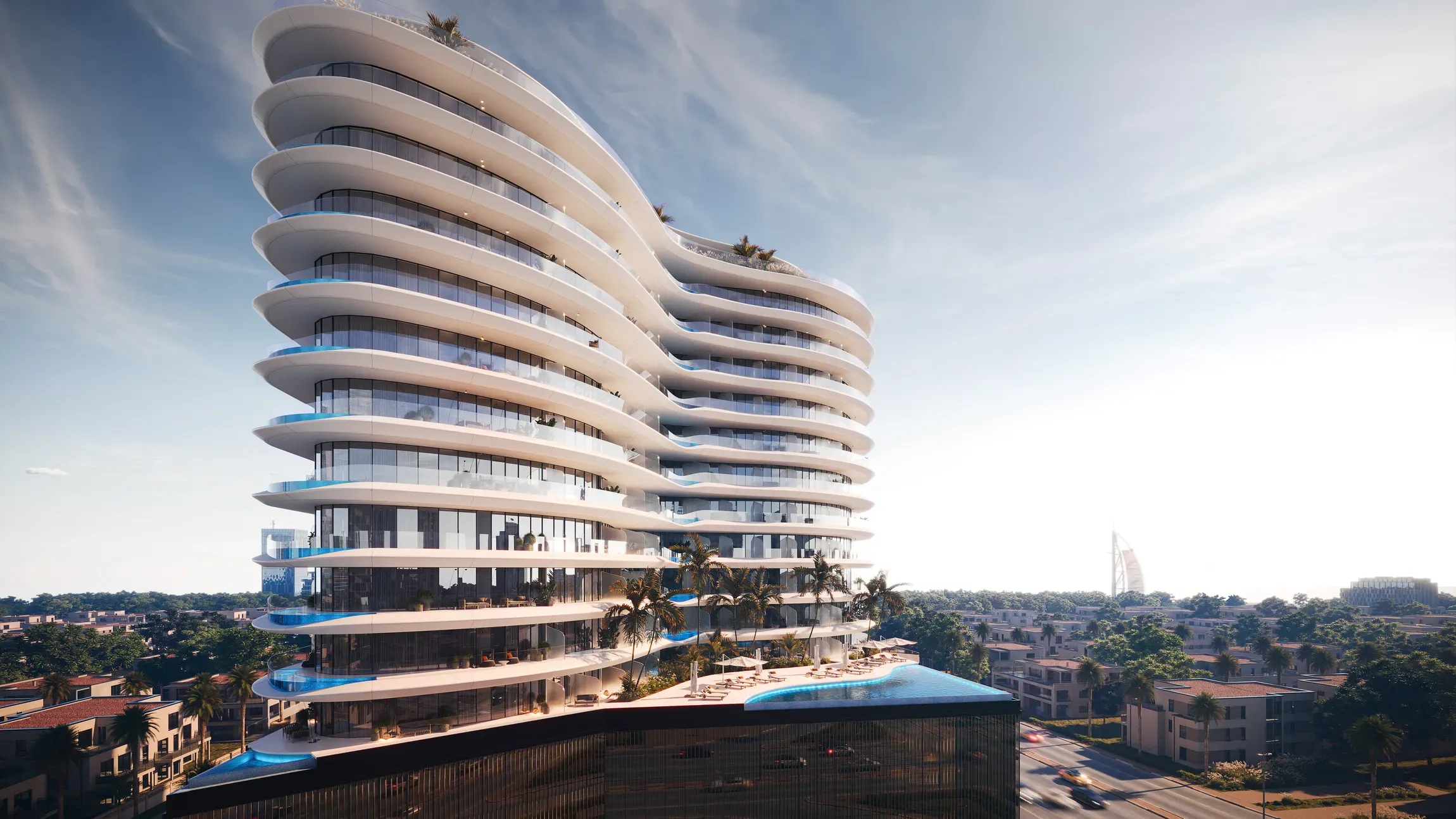
Al Furjan, Discovery Gardens, Dubai
Trussardi Residences
This stunning development in the Al Furjan area of Dubai embodies the contemporary elegance of the Italian fashion icon.
Q4 2025
From AED 1.3M
